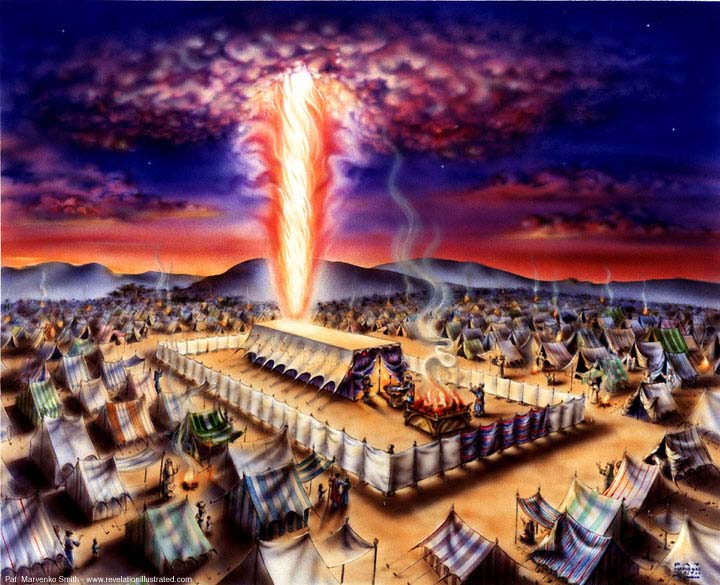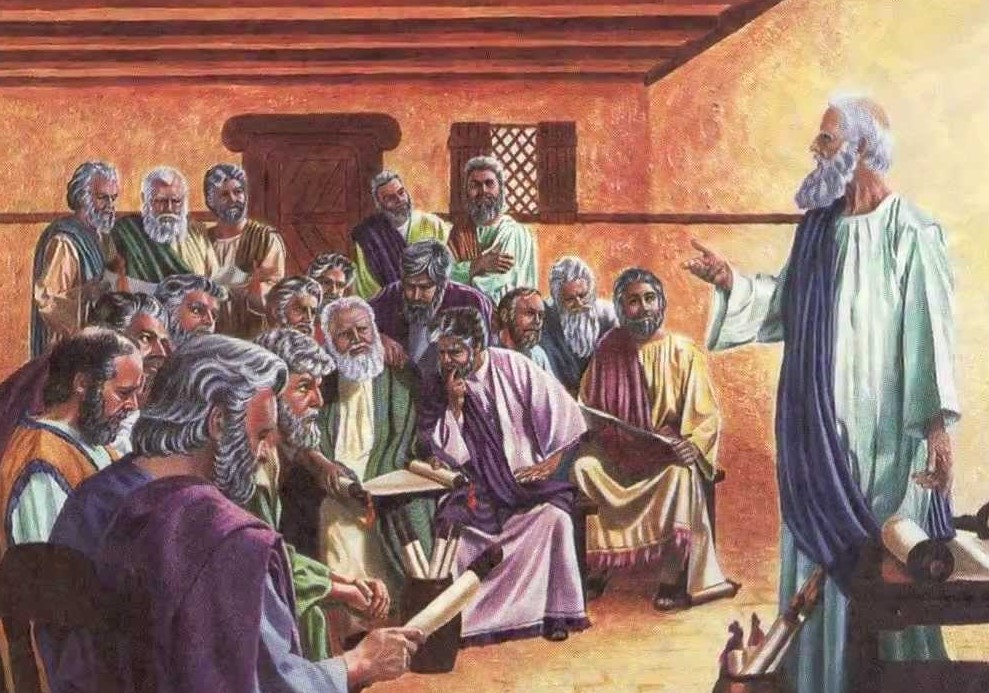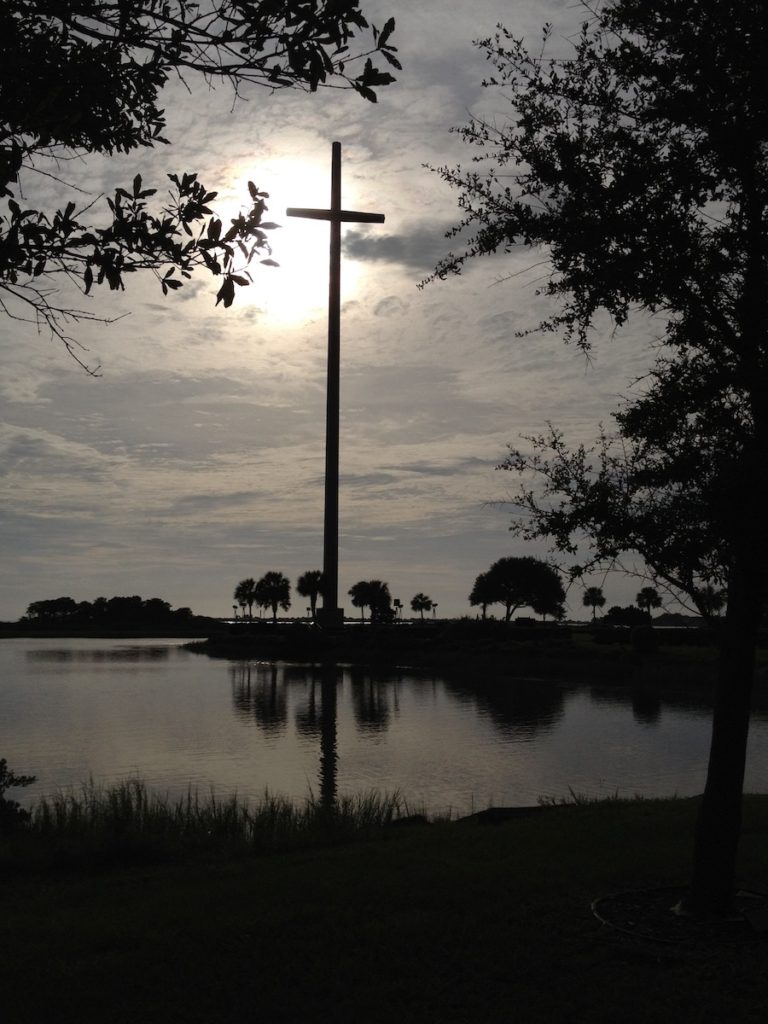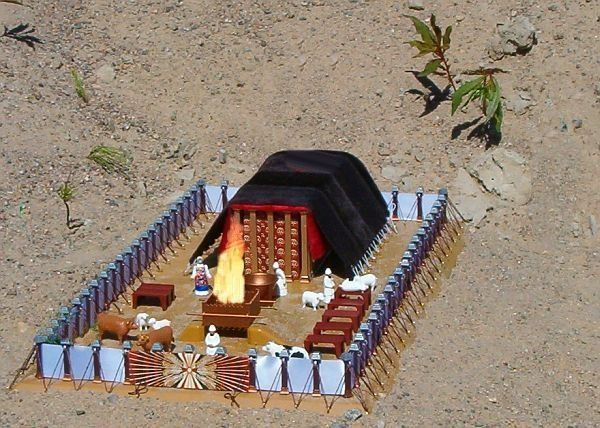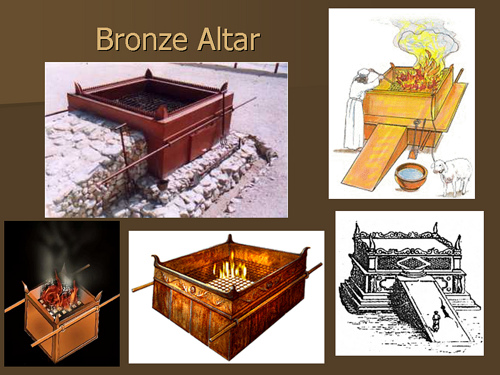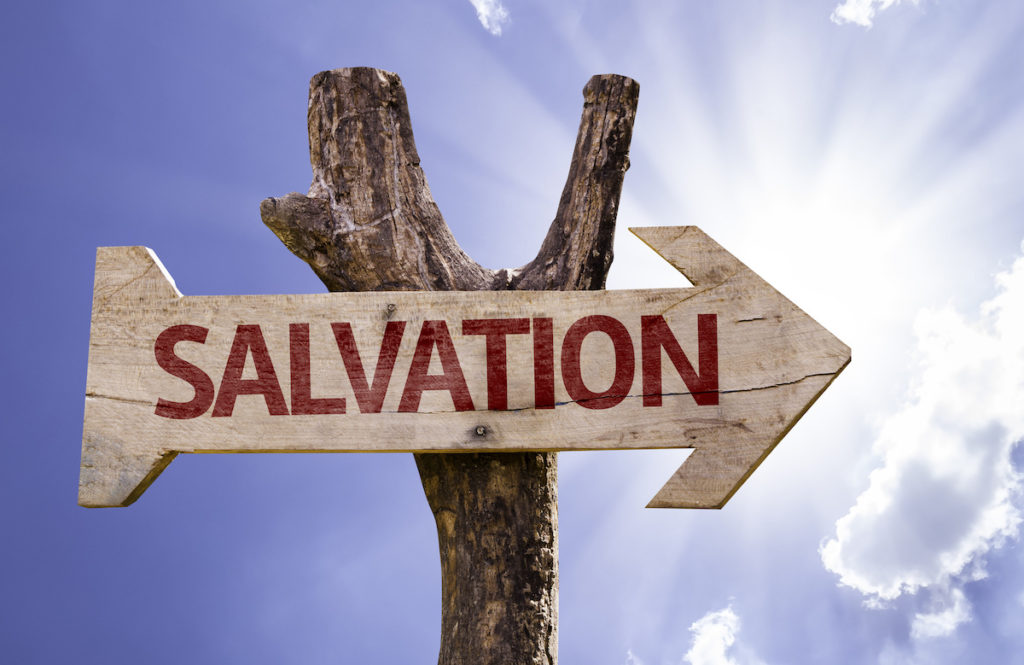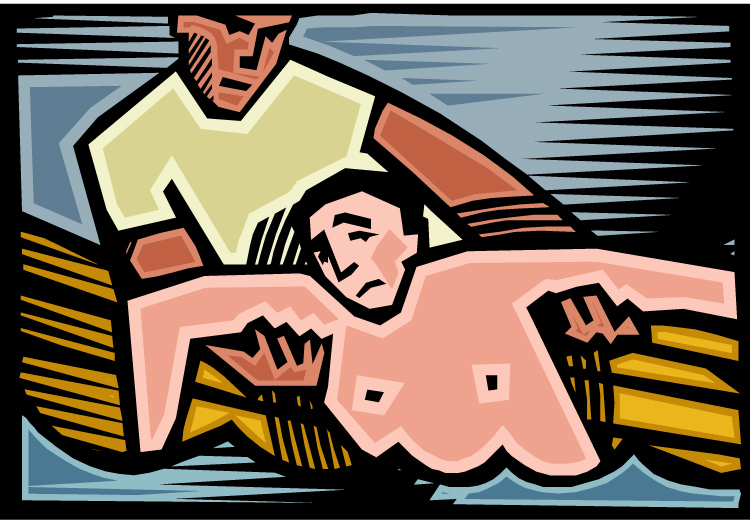
Leviticus 16:1–34, Passover and the Day of Atonement compared. A cursory reading of the Scriptures seems to indicate that there exists overlapping similarities between some of the blood atonement ceremonies of Passover or Pesach and the Day of Atonement or Yom Kippur. What are the differences between the sin atonement offerings of Pesach and Yom Kippur?
Perhaps realizing the fact that the Passover occurs during the spring feast day season and the Day of Atonement occurs during the fall feast day season may help to answer this question. This is because prophetically the spring feast days picture Messiah Yeshua’s first coming, while the fall feast days prophetically point to his second coming. How does this understanding shed light on the answer to this question?
Both Pesach and Yom Kippur picture redemption through the shed blood of Yeshua, that is, the saint being delivered from bondage to sin and the rudiments of this world. Passover symbolizes the first steps a new believer takes when coming out of spiritual Egypt and accepting Yeshua, the Lamb of YHVH, as one’s Savior and Master. Yom Kippur, on the other hand, pictures the blood of the Lamb covering over the saint’ sins after his initial salvation experience and the corporate sins of the nation of Israel.
If our understanding of the order of end time events is correct, Yom Kippur also prophetically points to the time when Yeshua will return to the earth to initiate the final regathering of the lost and scattered tribes of Israel, and to prepare to marry his bride, redeemed Israel or the Israel of Elohim (Gal 6:16), that is, the saints. Perhaps this latter understanding will help to answer why another Passover-like feast is needed. Yom Kippur does not focus so much on leaving Egypt, but rather on YHVH’s people preparing to enter the millennial kingdom under the Messiah. Those saints who will be the betrothed bride of Yeshua need to make themselves ready for Yeshua’s return by putting on spiritual robes of righteousness that are spotless and pure. Although the bride of Messiah saints are not sinners by definition, for the Bible calls them “the righteous” (1 Pet 4:18), they still sin (hopefully only occasionally; 1 John 1:8–9; Rom 7:13–25), and still need to have their sins washed away by the blood of Yeshua, even just before they meet Yeshua at his return. Yom Kippur pictures this final redemptive cleansing or preparation time of Yeshua’s bride.
Understanding the Yom Kippur Goat Rituals
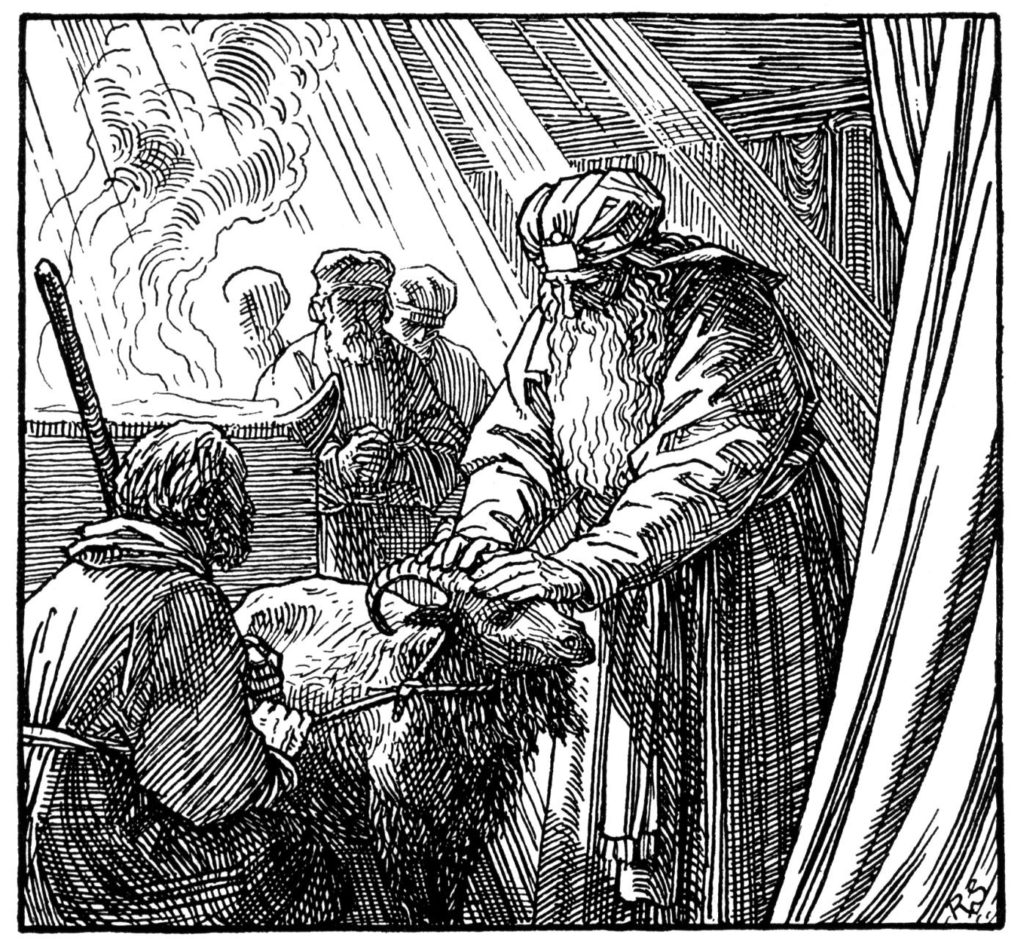
Understanding and interpreting the rituals of Leviticus 16 can be perplexing and complicated task. This is because often encrypted in certain scriptural passages the deep and open-minded Bible student will find multiple levels of meaning and prophetic fulfillments. The serious biblical researcher understands this and is not put off by any seeming discrepancies between a surface or literal fulfillment of a scripture vis-à-vis its prophetic fulfillment. An example of this would be the virgin and child prophecy of Isaiah 7. There was both a historical or immediate fulfillment of this prophecy and a future one relating to the coming Messiah.
Moreover, we must keep something else in mind when dealing with biblical passages that are difficult to understand because they contain figurative language of a prophetic nature that often employ typologies (types and shadows). By definition, a type is a person or thing that represents someone or something else. When dealing with prophetic types in Scripture, the type never perfectly mirrors that to which it is prophetically pointing. The type is merely a shadow of what is to come (Col 2:17; Heb 10:1; 8:5), and therefore it is neither a perfect representation of the reality nor its there a perfect one-to-one correlation between the two. However, there are enough similarities to deduce a correlation between the two, even as a shadow is the shape and outline of the image it represents, but it doesn’t contain all the details of it.
Continue reading

